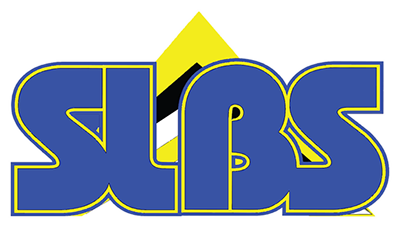ISO 5667-16:2017 gives practical guidance on sampling, pre-treatment, performance and evaluation of environmental samples in the context of performing biological tests. Information is given on how to cope with the problems of biotesting arising from the sample and the suitability of the test design.
It is intended to convey practical experience concerning precautions to be taken by describing methods successfully proven to solve or to circumvent some of the experimental problems of biotesting of, for example, waters.
Primarily dealt with are substance-related problems concerning sampling and pre-treatment of environmental samples (e.g. waste water samples) for the performance of biotests.
This guidance is on ecotoxicological testing with organisms (single-species biotests; in vivo and in vitro). Some features addressed in this document also apply to biotests using single-cell systems (in vitro bioassays) and biodegradation studies as far as sampling and sample preparations are concerned. Testing of substances in the water solubility range is also addressed.
Reference has been made as far as possible to existing International Standards and guidelines. Information taken from published papers or oral communication has been utilized as well.
ISO 5667-16:2017 is applicable to biological tests for determining the effect of environmental samples like treated communal and industrial waste water, groundwater, fresh water, aqueous extracts (e.g. leachates, eluates), pore water of sediments and whole sediments. This document is also applicable to chemical substances.
ISO 5667-16:2017 is not applicable to bacteriological examination of water. Appropriate methods for bacteriological examination are described in other documents (see ISO 19458[17]).
Publications
SLNS/ISO 5667-16:2017
$0.00
Water quality — Sampling — Part 16: Guidance on biotesting of samples
| Compulsory | No |
|---|---|
| Pages | 24 |
